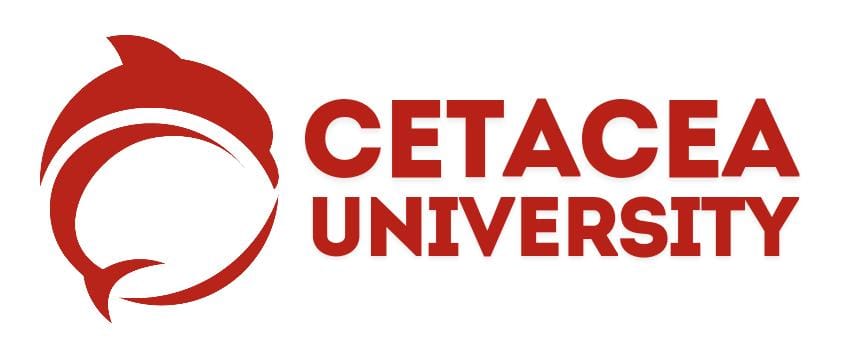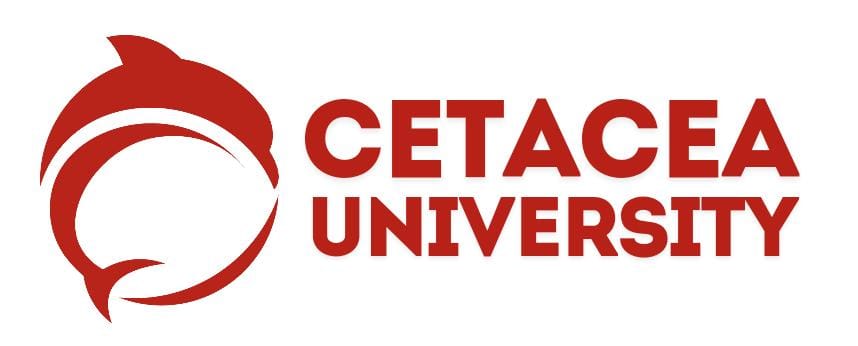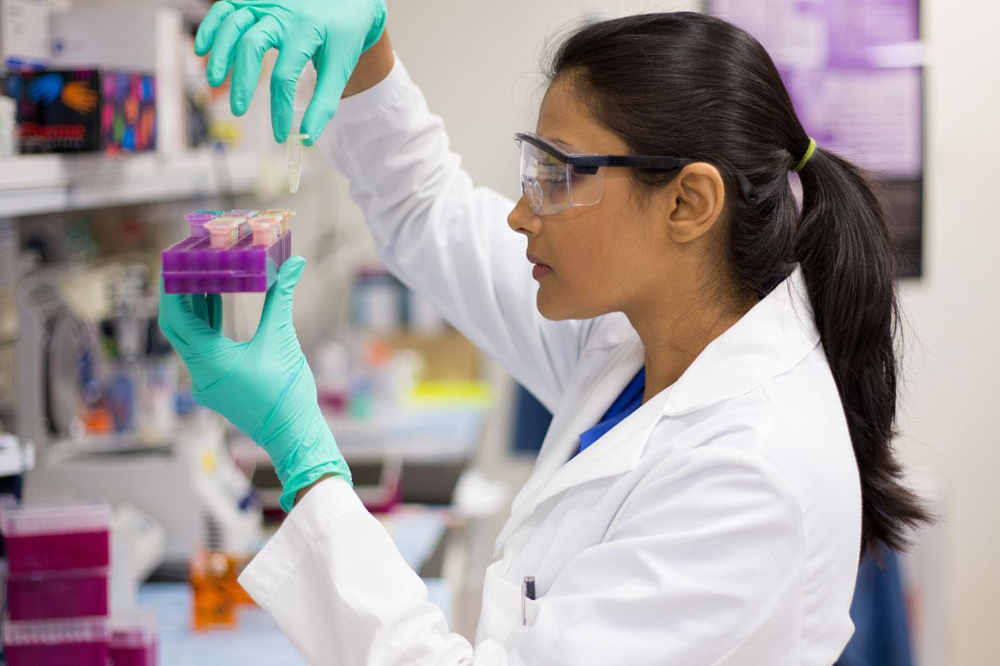The modern workforce is a dynamic and ever-evolving landscape, and universities are at the forefront of preparing students to meet its demands. Innovative approaches to education are crucial in equipping students with the skills and knowledge necessary to thrive in the 21st century.
- Interdisciplinary Studies: The challenges of today’s world are complex and interconnected, requiring a multidisciplinary approach. Universities are breaking down traditional departmental barriers, encouraging students to pursue interdisciplinary studies that combine science, technology, engineering, arts, and mathematics (STEAM).
- Project-Based Learning: Moving away from rote memorization, universities are embracing project-based learning. This hands-on approach allows students to apply theoretical knowledge to real-world problems, fostering critical thinking and problem-solving skills.
- Industry Partnerships: To bridge the gap between academia and industry, universities are forming partnerships with businesses and organizations. These collaborations provide students with internships, mentorship programs, and exposure to current industry practices.
- Entrepreneurial Education: With the rise of the gig economy and start-up culture, universities are incorporating entrepreneurial education into their curricula. Students learn to develop business plans, understand market dynamics, and cultivate an entrepreneurial mindset.
- Digital Literacy and Technology Integration: In an age where technology permeates every aspect of life, universities are ensuring students are digitally literate. Courses in coding, data analytics, and digital marketing are becoming staples in university offerings.
- Soft Skills Development: Beyond technical expertise, universities recognize the importance of soft skills. Programs are designed to enhance communication, teamwork, and leadership abilities, which are highly valued in the modern workforce.
- Global Citizenship: Universities are preparing students to be global citizens. Through study abroad programs and global classrooms, students gain a broader perspective and an appreciation for cultural diversity.
- Sustainability Education: As sustainability becomes a critical concern, universities are integrating it into their programs. Students learn about sustainable practices and how to apply them in various industries.
In conclusion, universities are not just imparting knowledge; they are shaping the innovators, thinkers, and leaders of tomorrow. By adopting these innovative approaches, they ensure that students are not only ready for the current job market but are also capable of shaping the future of work.


